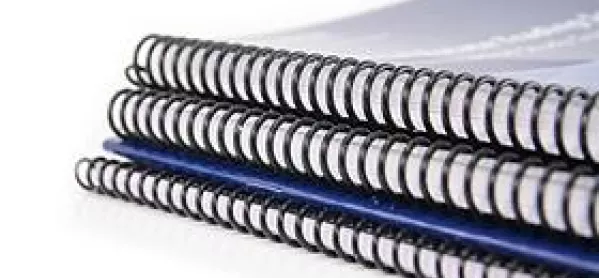The Donaldson report on teacher education, Teaching Scotland’s Future, is like the curate’s egg - “good in parts” - according to the Educational Institute of Scotland.
While he welcomed Graham Donaldson’s insistence that high-quality teachers must be at the heart of Scottish education, EIS general secretary Ronnie Smith is concerned that, in the realpolitik of budget cuts, the report’s “aspirational recommendations” will be undeliverable. Mr Donaldson said last week at the launch of his report that he had not costed its recommendations, but he was “satisfied that much of what we need to bring this forward is already in place”.
It should not require a massive increase in investment, he insisted; it was more a question of “making more of what we currently have”.
Education Secretary Michael Russell echoed the point, saying he thought the “vast majority” of the report was deliverable within existing resources, as long as these resources were used better.
The EIS differs in its analysis, however, and has identified a number of areas which it feels are “resource-hungry”.
These include plans for:
- closer alignment of schools, local authorities, universities and national organisations, which “takes time and is resource-intensive”;
- the creation of a national assessment centre to screen the suitability of student teachers;
- the use of specially-trained school-based teachers for assessing student teachers on placement;
- closer involvement of university staff in the development and delivery of induction.
The EIS questions how the proposal for probationer mentors, to be employed jointly by authorities and universities, would work in practice.
The proposed “online profile” for every teacher, from teacher training onwards, is “bureaucratically burdensome”, it claims. The General Teaching Council for Scotland feels it would be a “logical next step” for it to lead this.
While the EIS welcomes the proposals for better quality assurance of continuing professional development, it wonders who will carry this out when staff numbers are being reduced.
The idea of creating another professional standard, of active registration, is “excessive”, says Mr Smith. GTCS chief executive Anthony Finn, whose council would accredit it, has an open mind on the merits of the proposed standard, but is not keen on its working name.
Writing this week in The TESS, Graham Donaldson complains that his recommendation on the need to assess competence in literacy and numeracy has attracted “particular and sometimes ill-informed attention”.
“Let me be clear,” he writes, “I did not find serious problems in these areas within the teaching profession generally. However, Curriculum for Excellence stresses the need for all teachers to develop and extend these skills in their pupils and that requires a level of competence which goes well beyond that of the population more generally.
“Not everyone who applies has the required level of competence and we need to be clear about the nature and extent of any gap. For most, there will be no gap; for many others, it will be bridgeable.”
Mr Smith, however, thinks Mr Donaldson appears to have based his conclusions on teachers’ shortcomings in literacy and numeracy on “quasi- anecdotal” evidence.
Meanwhile, Greg Dempster, general secretary of the Association of Headteachers and Deputes in Scotland, welcomes the report’s support for Aberdeen University’s Scottish Teachers for a New Era programme.
elizabeth.buie@tes.co.uk
- Original headline: Cracking the Donaldson report: Education’s latest `curate’s egg’

